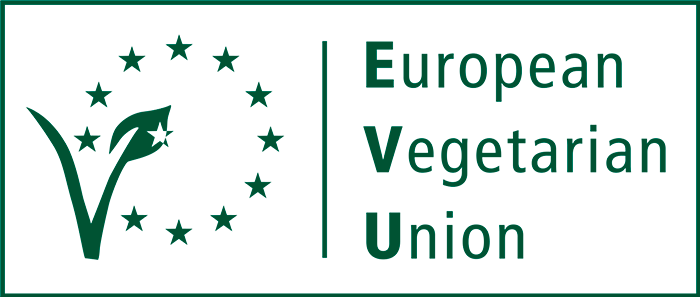A new analysis of dietary habits of Greek consumers shows rising interest in plant-based foods.
The study, intitled “Changing preferences: Analysis of Greek Consumers’ Attitudes Towards Plant-Based Diets” set to update data from 2022, drawing consumption trends and comparing them to other European countries.
Examining preferences for plant-based foods, legumes were the most popular choice, with 85% of consumers incorporating them into their diet and 60% consuming them at least once a week.
Regarding the willingness to adopt alternative plant-based foods, 18% of consumers eat plant-based meat and dairy alternatives on a weekly basis with 70% of respondents stating they could adopt alternatives if they meet criteria such as taste, price, appearance, and availability.
Regarding the consumption of animal products, the percentage of Greeks consuming meat 4-6 times a week decreased by 3% from 2022. Conversely, 10% consume meat only once a week, up from 7% the previous year. Significant reductions were mainly observed in pork (16%) and beef (15%) consumption.
Looking at future market trends, 21% of consumers claim they intend to eat more dairy and meat alternatives while a whopping 70% claim they intend to reduce meat consumption. In the same way, 35% of respondents plan on reducing dairy intake.
Health emerged as the primary factor (56%) for reducing meat consumption, followed by animal welfare (53%) and environmental protection (31%)
The study was conducted by Kantar AE during June 2024, interviewing 750 individuals with a representative sample in terms of gender, age, and geographical distribution. The methodology mirrored the EU funded Smart Protein Project with similar research across 9 Member-States and the UK.
Comparatively, Greece shows the second highest percentage of omnivores among the 11 countries (73%), after Poland (74%). Italy and Spain follow (69%), while Germany has the lowest percentage (45%).
The highest percentage of flexitarians is in Germany with 40%, followed by Austria with 37%. The lowest is found in Poland with 16%. In Greece, 22% claim to be flexitarian with a total of 25% of consumers claiming to follow a non-meat-based diet (flexitarians, vegetarians, or vegans)
The study was co-financed by the Hellenic Vegetarian Association (HellasVeg) and the European Vegetarian Union (EVU).


